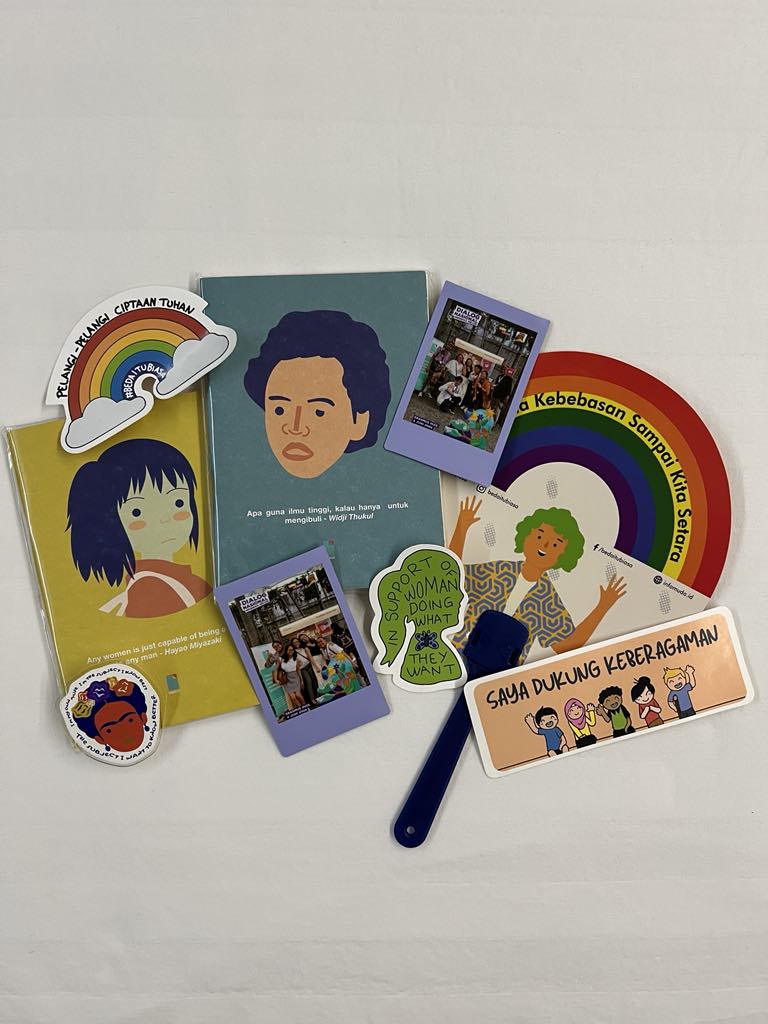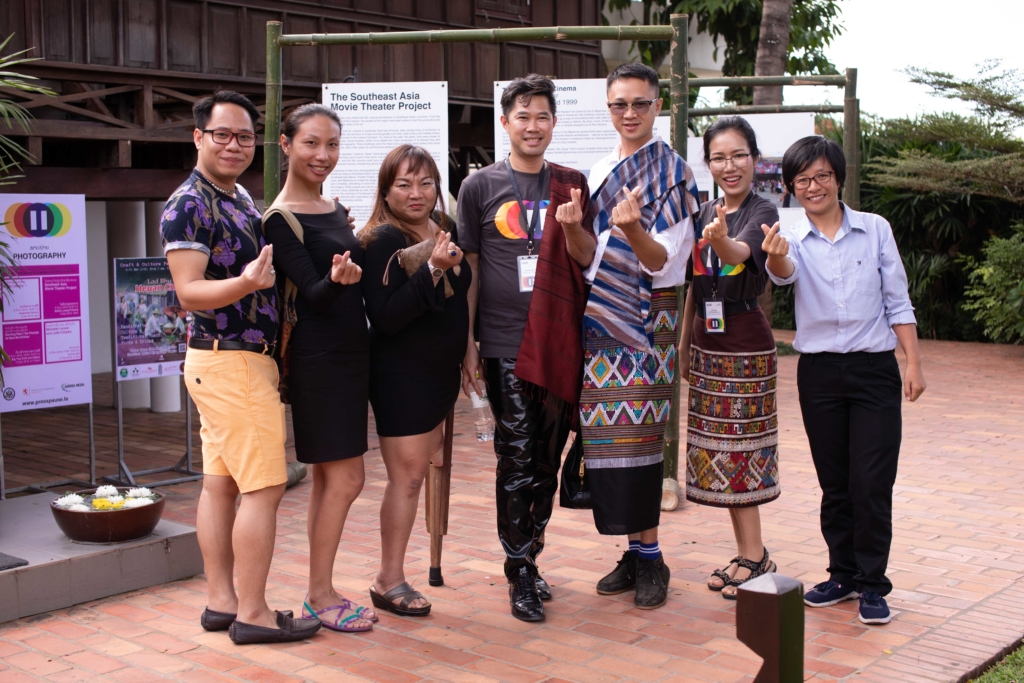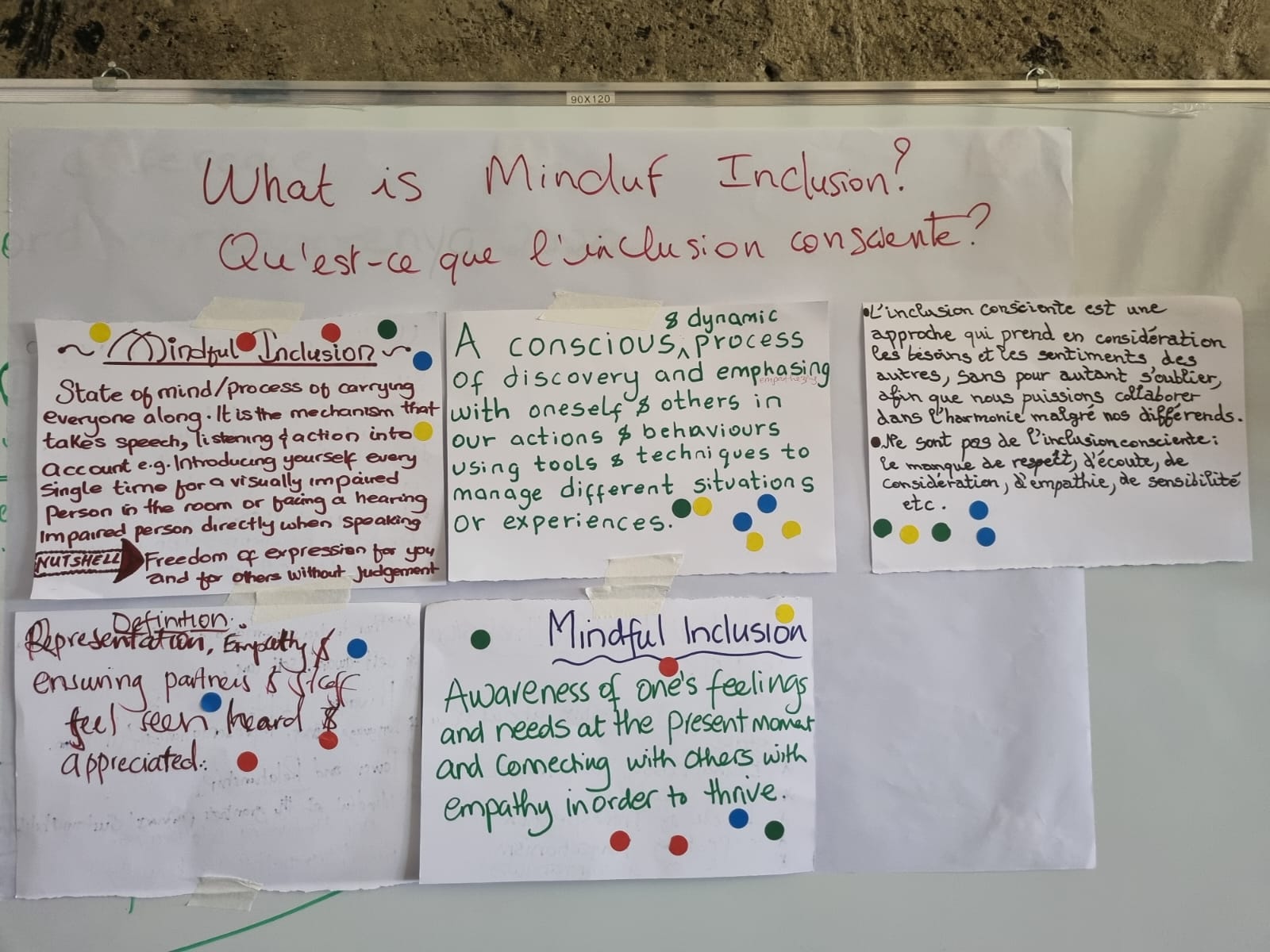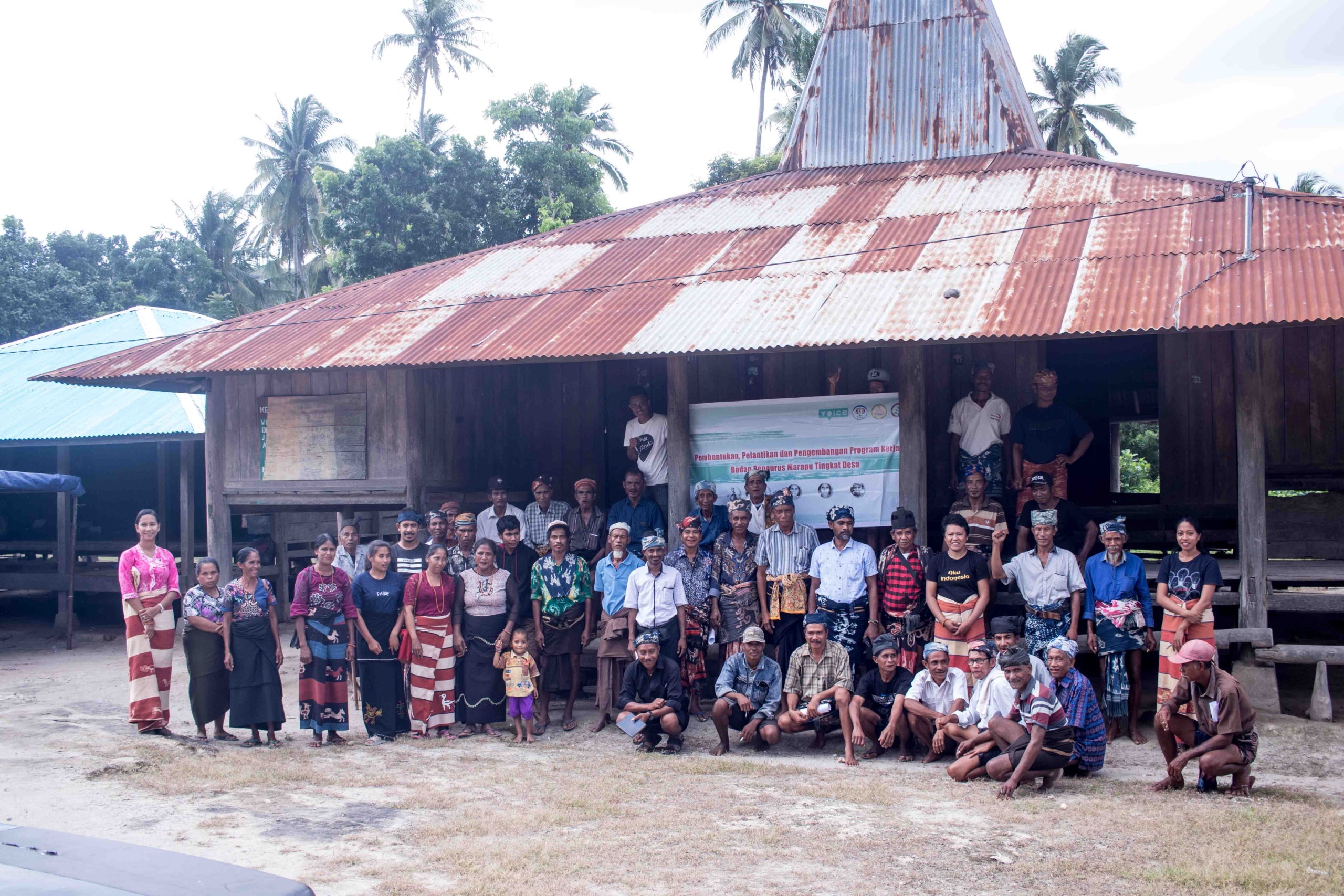Working your heart out
– Tazia Darryanto, Voice Project Manager Indonesia –
After all ten Voice focus countries launched their first national Calls for Proposals and applications poured in, the Voice Country Teams started the assessments. For me, the assessment stage was the most time- and energy-consuming. Not only because it was the first round ever and the moment to test our tools, methodology and ways of working, but also because I was being cautious about having objective and accountable scorings.
After reading numerous proposals, I realised that almost all the applicants were pouring their hearts out when getting their ideas on paper. These proposals were not just ideas that needed financial support, but more than that, it was actually their deep desire to improve lives and create a significant change. And most of them were members of the Voice target groups applying for an Empowerment Grant.
In all honestly, many proposals were not very well-written. But is that because of the lack of capacity, or did they never had the opportunity to learn? Either way, the idea should be the first thing to look at, rather than how well it is written. The approach Voice takes in discussing the ideas and project further during the pre-contracting phase seemed effective to directly listen to the applicants’ more elaborate ideas and a great way to support them in finetuning their projects further. But, because of the filtering process, only a few applicants are able to reach this stage.
Looking back, the question could be: how inclusive are we on providing guidance on how to apply? Are the instructions, forms and language clear enough to be understood by everyone – especially the target groups themselves that may be less familiar with a formal application system? Is applying accessible for the differently-abled, such as the visually and/or hearing impaired ? Is online application feasible for all potential applicants? Being reflective and open are the learning attitudes we need to master in order to have inclusivity in the programme. We have learned that indeed, we are not yet accessible for everyone, especially if we aim to reach the furthest behind first.
I remember that I insisted to have the Calls for Proposals and application templates in Bahasa Indonesia, because I realised language is a key factor in exclusion especially for informal groups. They lack opportunities to participate in a global platform, because of the language barrier – while it is actually the result of exclusion, to begin with. We need to break this vicious circle. Giving them opportunity to express their believes and desires in their mother tongue surely makes more sense to them. Allowing Bahasaa applications does carry an extra burden for me, for instance I have to translate the proposals for other selection panelists. But you know it’s worth the sweat when you think about the cause.
The hardest moment came when I needed to reject numerous proposals. I can recall feeling clearly guilty. There was fear that I was not credible enough to score. There was hesitation that I might be biased on assessing the proposals that I had already read several times and of which I re-checked the scores. There were moments that I doubted myself.
After that, I realised what had actually happened. I was too aware (and overthinking at the same time) that the decisions made could affect people’s lives – for better, or in case of rejection for worse. It could affect their financial status. It could affect the education of their children. It could affect everything.
Then I tried to create sufficient distance from the proposals. From the target groups. And from my own empathy. By doing so, I reclaimed my self-confidence which eventually was also supported by the fellow panelists’ taking on the assessment.
My reflection is that the dynamic and the lessons within Voice enabled me to act with heart and exercising the empathy without being drowned in a charity-based approach. How to encourage, not to spoil. How to learn together, not to dictate. How to objectively assess ideas, without being biased. The experience surely enriched my perspective on grant management in a non-conceptual and non-theoretical manners, because if you work your heart out – you deal with a more crucial thing: empathy.







